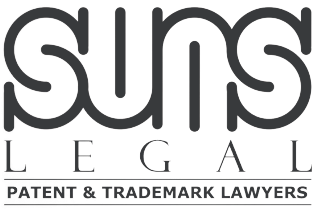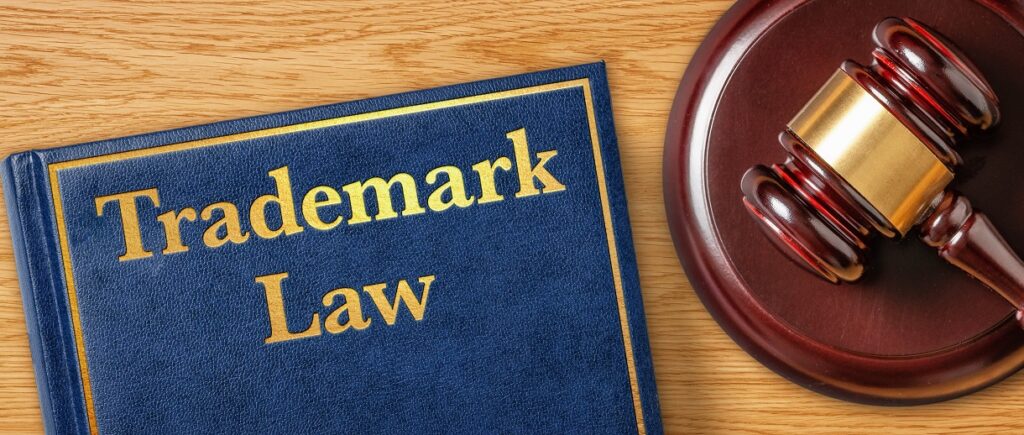For more intellectual property updates, follow our WHATSAPP CHANNEL and SUNS LEGAL | LinkedIn
Written by Maria Therese Syriac, a third-year student at NUALS, Kochi
The Delhi High Court’s judgment in Western Digital Technologies, Inc. & Anr. v. Hansraj Dugar (CS(COMM) 586/2019) marks a significant development in the regulation of imported and sold second-hand goods bearing registered trademarks. In an era where global commerce increasingly involves refurbished and pre-owned products, the case addresses the fundamental tension between trademark owners’ rights to safeguard brand reputation and the legitimate interests of parallel importers operating within a free market economy.
The Case Background
Western Digital Technologies, Inc., along with its wholly-owned subsidiary Western Digital UK Ltd., both global leaders in hard disk drive (HDD) manufacturing, initiated legal proceedings against Hansraj Dugar, proprietor of M/s Supreme Enterprise. The dispute arose when Dugar imported commercial quantities of HDDs bearing Western Digital’s registered trademarks, ‘WESTERN DIGITAL’ and ‘WD’, through three Bills of Entry in September 2019.
The cause of action was triggered when the Deputy Commissioner of Customs, Special Investigation Branch (Port), Kolkata, alerted Western Digital of the importation under the Intellectual Property Rights (Imported Goods) Enforcement Rules, 2007. Upon examining sample drives provided by the customs authorities, Western Digital found that two out of five drives were non-functional due to internal damage, while the remaining three were used and classified as second-hand. Notably, these drives had originally been sold to Original Equipment Manufacturers (OEMs) in Hong Kong and Korea in 2011.
Procedural History and Interim Relief
On October 21, 2019, the Delhi High Court granted an ex parte ad interim injunction, restraining the defendant from importing, selling, or otherwise dealing in products bearing Western Digital’s registered trademarks. The Court also appointed a Local Commissioner, who subsequently seized approximately 7,500 hard disk drives (HDDs) from the customs warehouse. These drives remain in the custody of the Customs House Agent.
The case acquired further legal significance when the defendant filed I.A. 38495/2024 in September 2024, seeking vacation of the interim injunction. The application was based on the Coordinate Bench’s judgment in Seagate Technology LLC v. Daichi International (2024), which addressed similar issues concerning the parallel importation and sale of refurbished hard disk drives. In Seagate, the Court held that while international exhaustion of trademark rights is recognized under Indian law, such rights do not extend to goods whose condition has been materially altered or impaired post-sale, thereby necessitating full disclosure and accurate labeling to avoid consumer confusion
Statutory Provisions
The judgment primarily revolves around the interpretation of Sections 29 and 30 of the Trade Marks Act, 1999. Section 29(6) provides that the use of a registered trademark in relation to imported goods constitutes infringement. However, Section 30(3) creates an exception through the principle of exhaustion, stating that a registered trademark is not infringed by a person who has lawfully acquired goods bearing the trademark and deals with them in the market.
The judgment primarily centres around the interpretation of Sections 29 and 30 of the Trade Marks Act, 1999. Section 29(6) stipulates that the use of a registered trademark in relation to imported goods constitutes infringement, particularly when such goods are affixed with the mark or placed on the market under it. However, Section 30(3) introduces the principle of international exhaustion, providing that a registered trademark is not infringed when a person, having lawfully acquired goods bearing the mark, deals with them in the market, so long as the condition of the goods remains unchanged and the trademark’s function is not impaired.
A critical provision in this context is Section 30(4) of the Trade Marks Act, 1999, which qualifies the principle of exhaustion by carving out an exception. It states that the exhaustion defence does not apply where “the condition of the goods has been changed or impaired after they have been put on the market.” This clause becomes crucial in determining the legality of importing and selling second-hand or refurbished goods, as it directly addresses whether such goods, once altered, can still be lawfully traded without infringing trademark rights.
Parties’ Contentions
Western Digital’s Arguments
Counsel for Western Digital argued that the imported drives were OEM-specific products, originally intended for integration by Original Equipment Manufacturers and not for direct consumer retail. These drives, they contended, could be incompatible with general consumer systems, raising concerns about functionality and safety. Furthermore, the sale of such used drives as “new and unused” was characterized as deceptive to consumers, potentially violating consumer protection norms. The counsel argued that second-hand or refurbished goods may only be lawfully imported if they are accurately identified as refurbished, accompanied by engineering certification verifying their remaining operational life, and are fully compliant with applicable domestic regulations.
Western Digital sought to distinguish the precedent set in Daichi International by arguing that the case involved resellers, not importers, and therefore did not engage with Section 29(6) of the Trade Marks Act, which specifically addresses trademark infringement in the context of imported goods. Additionally, they contended that the condition of the goods had been materially impaired, thereby invoking the exception under Section 30(4) and disqualifying the defendant from relying on the exhaustion defence. This distinction was central to Western Digital’s argument that the facts of Daichi were not directly applicable to the present case.
Defendant’s Position
The defendant relied extensively on the Daichi judgment and the principle of international exhaustion under trademark law. The defence argued that genuine goods may be lawfully imported and resold, provided there is full and transparent disclosure, and emphasized that there exists no statutory prohibition against the importation of end-of-life or refurbished goods. It was further argued that the defendant had not tampered with the goods, which had remained under customs custody and never entered his possession due to the seizure.
Importantly, the defendant expressed a willingness to ensure full disclosure in any future resale, including clear identification of the goods as refurbished, and acknowledgment that they were sold without any manufacturer’s warranty or guarantee. The defence also highlighted the financial hardship suffered due to accumulating demurrage charges, which continued to accrue following the imposition of the injunction.
Judicial Analysis
Justice Bansal’s analysis relied on two judgments, namely, Kapil Wadhwa v. Samsung Electronics Co. Ltd. (2012) and Seagate Technology LLC v. Daichi International (2024).
The Kapil Wadhwa case established that Indian trademark law adopts international exhaustion principles, allowing import and resale of trademarked goods with proper disclosure. The Daichi judgment extended this to refurbished goods, permitting the import and sale of end-of-life products after refurbishment with complete disclosure.
The Court confirmed that no statutory bar exists against importing end-of-life goods into India. It affirmed international exhaustion principles under Sections 30(3) and 30(4) of the Trade Marks Act, noting that Section 29(6) must be read subject to Section 30(3) defences.
The Court disposed of both applications with carefully crafted directions that balanced the competing interests of trademark owners and parallel importers.
The Court permitted the release of the seized goods to the defendant, but imposed the condition that they could only be sold as scrap after removing all Western Digital trademarks. This approach recognised that the goods had been seized for an extended period and that the defendant should not face indefinite penalties for what was ultimately determined to be lawful commercial activity.
The Court established distinct regulatory frameworks based on the nature of the goods for future importing activities:
- Second-hand goods (sold without refurbishment): Must comply with disclosure standards from Xerox Corporation v. Shailesh Patel, requiring clear identification as second-hand products, explicit statements about the absence of manufacturer warranty, and prominent disclosure on all packaging and promotional materials.
- Refurbished goods: Must satisfy the disclosure requirements established in Daichi, including proper identification of original manufacturers through word marks only, clear statements about warranty limitations, prominent “Used and Refurbished” labelling, accurate descriptions of product features and condition, and consistent disclosure across all promotional and marketing materials.
This bifurcated approach acknowledges the different consumer expectations and potential risks associated with second-hand versus refurbished products, while ensuring adequate protection for both consumers and trademark holders.
Impact
This landmark judgment reinforces international exhaustion principles in trademark law while guiding second-hand/refurbished goods imports. It protects consumers through the mandatory disclosure requirements, thus upholding trademark rights along with commercial interests.
Despite offering valuable clarity, the decision presents implementation challenges, particularly burdensome disclosure requirements for smaller importers and unclear “impairment” standards under Section 30(4) of the Act. The judgment will act as a reference for future parallel import disputes, promoting both consumer protection and market competition.

